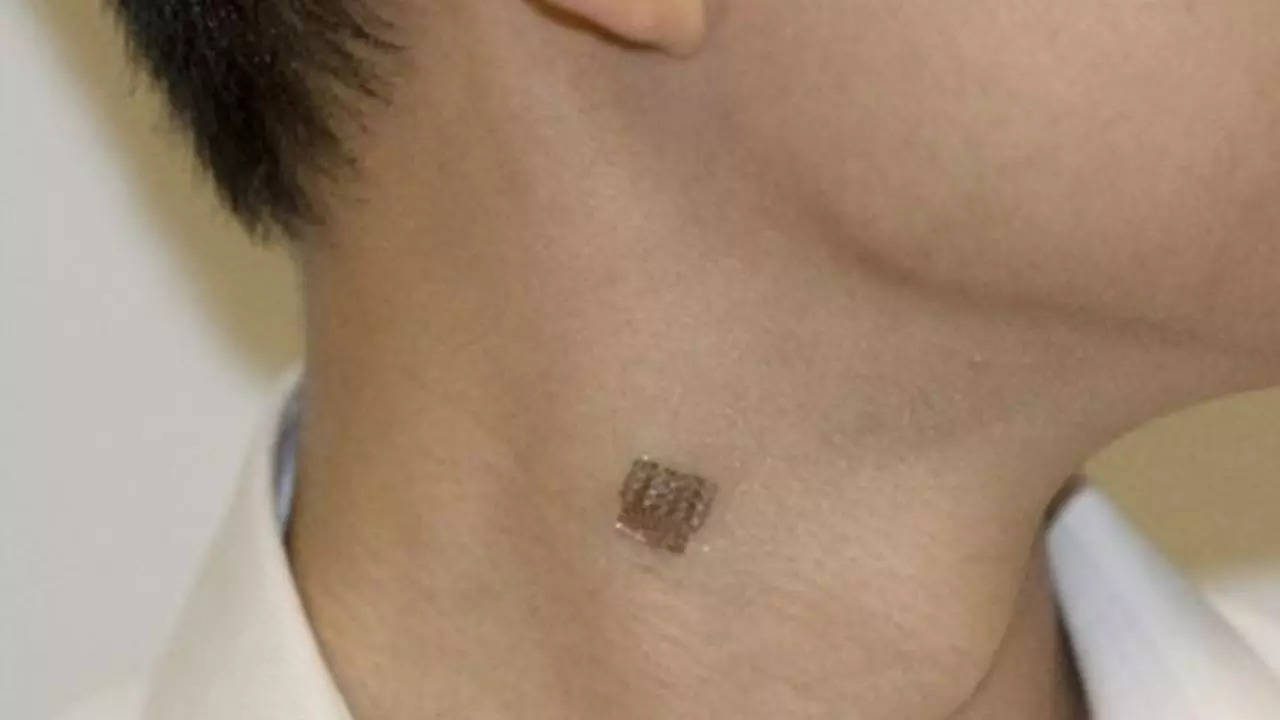Despite government efforts and international partnerships, Nigeria’s battle against open defecation and inadequate Water, Sanitation, and Hygiene (WASH) services remains a significant challenge. The 2021 WASH National Outcome Routine Mapping (WASHNORM III) report revealed a worrying increase in the number of Nigerians practicing open defecation, growing from 46 million in 2019 to 48 million in 2021. This alarming statistic underscores the country’s slow progress toward meeting Sustainable Development Goal (SDG) 6, which aims for universal access to clean water and sanitation by 2030.
The report highlighted that 90 percent of Nigerians lack access to complete basic WASH services, with rural populations facing triple the challenges of their urban counterparts. Even healthcare facilities and schools reflect this dire situation, with only six percent and 11 percent respectively, having basic WASH services. This deficiency perpetuates preventable diseases like diarrhea, which accounts for 90 percent of the 102,000 annual child deaths in Nigeria, according to UNICEF.
The economic impact is equally staggering. Poor sanitation costs Nigeria ₦455 billion annually—about 1.3 percent of its GDP.
Ironically, this is the same percentage of GDP UNICEF estimates the country needs to invest annually to meet its SDG 6 targets. Efforts to curb the crisis include the federal government’s “Clean Nigeria: Use the Toilet” campaign, launched in 2019 under the Presidential Executive Ord.


















